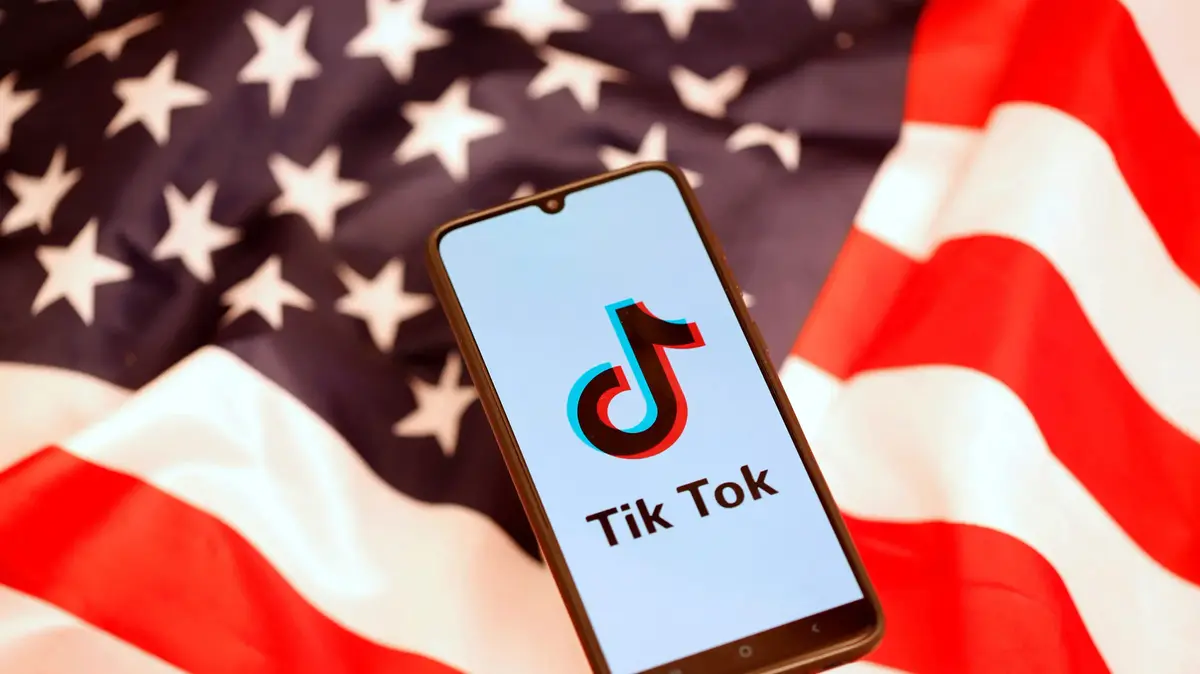A woman wearing a mask talks on the phone.FJ Jimenez / Getty Images
Of all the ways that technology makes it possible to get a message from one place to another, calling on the phone has become one of the least popular.
In Spain, users have fewer and fewer telephone conversations and use instant messaging applications more, according to the report La Sociedad Digital en España by the Fundación Telefónica.
Although the pandemic has revived the use of video calls, most users prefer to communicate through written messages, despite the fact that listening to the voice of the other makes us feel more connected and understood.
At least that is the conclusion reached by two University of Chicago researches, which study how connected we feel to others depending on the medium by which we communicate.
In one of the experiments, the researchers found that the participants anticipated that they would feel uncomfortable talking on the phone and that was the majority reason why they chose a text message to catch up with someone they had not seen in a long time.
However, the researchers pointed out that it was a misperception: "When they finally called they did not feel that discomfort that they had anticipated, it was not justified," explains Nicholas Epley, leading the investigation.
When they compared the results between those who had called and those who had written, they found no difference in how uncomfortable they had felt after the conversation ended.
So why is there such reluctance to call?
There are several psychological factors that may be involved and that have to do with the personality and perceptual style of each one.
"It is possible that people with low self-esteem or more insecure tend to avoid calls because they are more unpredictable environments than text messages," explains Ovidio Peñalver, a health psychologist and psychotherapist.
There may be a certain fear that others perceive things about ourselves that we feel uncomfortable with, such as not having time to develop a quick and adequate response to what they ask us on the phone.
"The more lack of self-esteem you have, the more difficult it is to defend a criterion, especially if you do not have time or if the other person is looking at you through the screen in a video call," adds Peñalver.
In a second experiment, researchers at the University of Chicago assessed whether adding an image to the call made a difference.
They found that being able to see the other person does not make users feel more connected than if they only listen to them: the feeling of connection does not seem to prevent them from being able to see another person, but from hearing their voice.
This is a conclusion consistent with previous findings.
“Indeed, from the most classical psychology it is like this: the warmest thing is the voice.
But it depends on the way in which each one of us processes the information, ”says Peñalver.
The human being is eminently visual compared to other animals and most people prefer to see the other person in addition to listening to them, regardless of whether it is in person or by video call.
"70% of the emotion of a person is transmitted through the expression of the face", explains Peñalver.
There are other users who are more auditory and perceive reality better from sounds.
"They are those who when they are in a video call turn off the camera: they don't need to see the other but they don't want to be seen either."
Towards voice notes
According to the latest data from the report The Digital Society in Spain by the Fundación Telefónica, the daily use of instant messaging is almost double that of calls.
This use is especially significant in the case of young people.
In 2018, 96.8% of young Spaniards between 14 and 24 years old used WhatsApp as the preferred channel to communicate with family and friends.
"The phone call can be perceived as more aggressive or more intrusive, also in the workplace," explains Peñalver.
“The voice note has grown exponentially.
It is changing from the traditional conversation to the spaced out that happens when voice notes are exchanged ”.
You can follow EL PAÍS TECNOLOGÍA RETINA on Facebook, Twitter, Instagram or subscribe here to our Newsletter.

/cloudfront-eu-central-1.images.arcpublishing.com/prisa/E44OPIMA2NEYPITUIKQ5VOAIEI.jpg)











